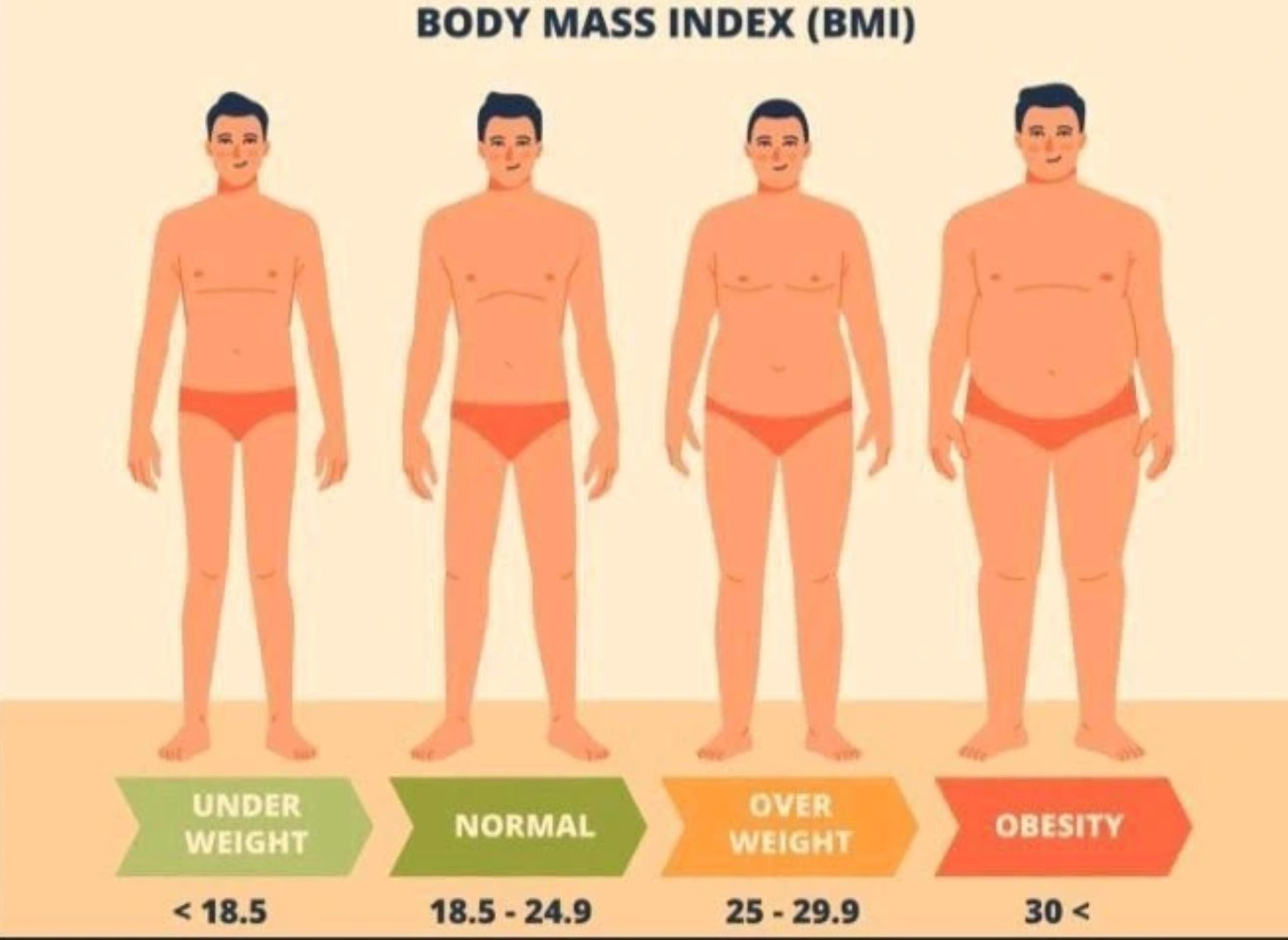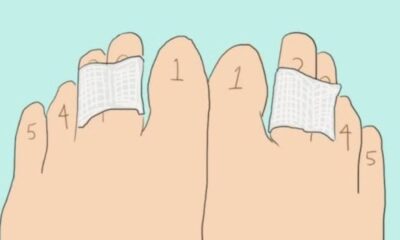As a Nigerian, you must be familiar with the amalgamation of the Northern and Southern Protectorates which happened on the 1st of January, 1914.
We think it’s best that you also have a glimpse of a part of this event that led to the birth Nigeria and thus we provide you the speech of Lord Frederick Lugard on the Amalgamation day (January 1 1914).
“You are all aware that His Majesty’s Government, after long and mature consideration, arrived some time ago at the conclusion that it would be to the great advantage of the countries known as Southern and Northern Nigeria that they should be amalgamated into one Government, conforming to one policy and mutually co-operating for the moral and material advancement of Nigeria as a whole…Click Here To Continue Reading>> …Click Here To Continue Reading>>
This policy had been strongly advocated by Sir William Macgregor as Governor of Lagos, by Sir Ralph Moore as High Commissioner of Southern Nigeria, and by myself as High Commissioner of Northern Nigeria about 10 years ago. It has continued to be advocated by Sir Walter Egerton and my successors in Northern Nigeria.
The construction of rival railways in Northern and Southern Nigeria accentuated the necessity having a single railway policy, with a single administration, and over a year ago the Secretary of State decided that the time had come to give effect to the scheme of constituting a single Government for Nigeria.
Mr. Harcourt was pleased to select me and to carry out this difficult task, he appointed me in the first instance as Governor separately of the two distinct Governments of Northern and Southern Nigeria, with a view of informing myself of Local conditions and submitting to him my proposals for Amalgamation. READ FULL STORY HERE>>>CLICK HERE TO CONTINUE READING>>>
I had the honour to submit those proposals for his consideration on May 9th last year (1913). They were accepted in all essentials, and today they are to take effect. I desire therefore as briefly as possible to describe to you, and through you to the official and unofficial community of Nigeria the basis on which this Amalgamation is to be carried out, and the principal changes which will result.
The Colony and Protectorate of Nigeria will be placed under the control of a single officer upon which the control of a single officer upon whom His Majesty has been pleased to confer the title of Governor-General, thus indicating the importance of this country among the Crown Colonies and Protectorates of the Empire. That portion which has hitherto been Northern Nigeria will be known in future as the Northern Provinces, while the Protectorate of Southern Nigeria will be known as the Southern Provinces of Nigeria; each will be under the immediate control of a Lieutenant-General responsible to the Governor-General. The colony in view of its of its separate status and traditions will preserve a separate identity, under an Administrator of its own, dealing directly with the Governor-General.
For the present, the Central Headquarters will remain at Lagos, and the Governor-General will divide his time between the Headquarter Stations of the Northern and Southern Provinces.
His majesty, through the Secretary of State, has been pleased to confer on me the High honour of appointment as Governor-General, and I humbly hope that I may be enabled to discharge the functions of this office, the great responsibilities of which I deeply appreciate, in such a manner as to deserve His Majesty’s approval, and to the satisfaction and contentment of His Majesty’s loyal subjects and of all the people of Nigeria. To succeed in such a task would be impossible unless I have the goodwill and co-operation of all classes, Official and Unofficial, irrespective of race or creed, and I take this opportunity to earnestly ask for that co-operation and loyal assistance, assuring you at the same time that, so far as in me lies, I shall not spare myself nor find any work too hard or arduous, if i can thereby advance the true interests of this country and of each individual person in it, whatever his race or creed, or however humble his rank.
For the high and responsible posts of Lieutenant-Governors of the Southern and Northern Provinces His Majesty has selected Mr. A.G. Boyle, C.M.G. an Mr. C.L. Temple, C.M.G. officers in whose loyalty and ability he has the highest confidence, and in whose hand the welfare of the Protectorate is assure. As Administrator of the Colony the Secretary of State has selected Mr. F.S. James, whose long experience in the South marks him out as the most fitting officer for the post. I may be permitted to offer to these officers my congratulations, and to express my deep satisfaction that I am privileged to work with them as my colleagues.”





















